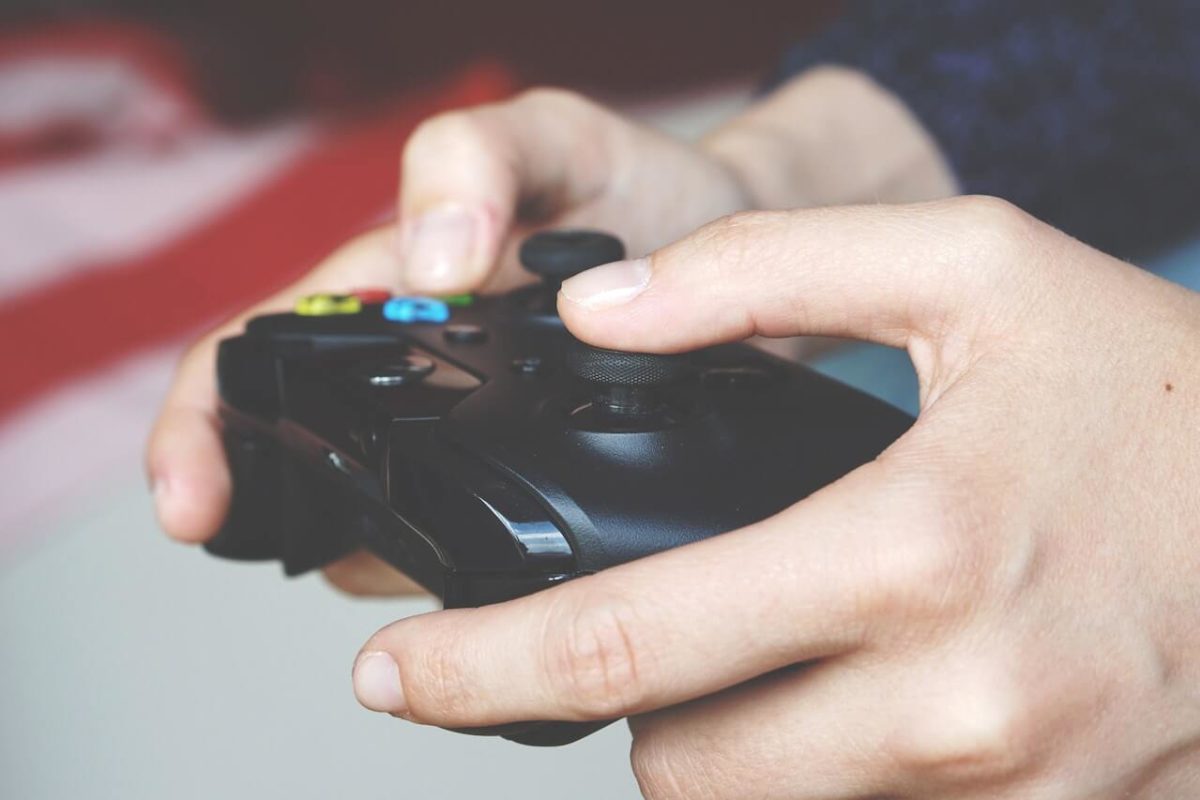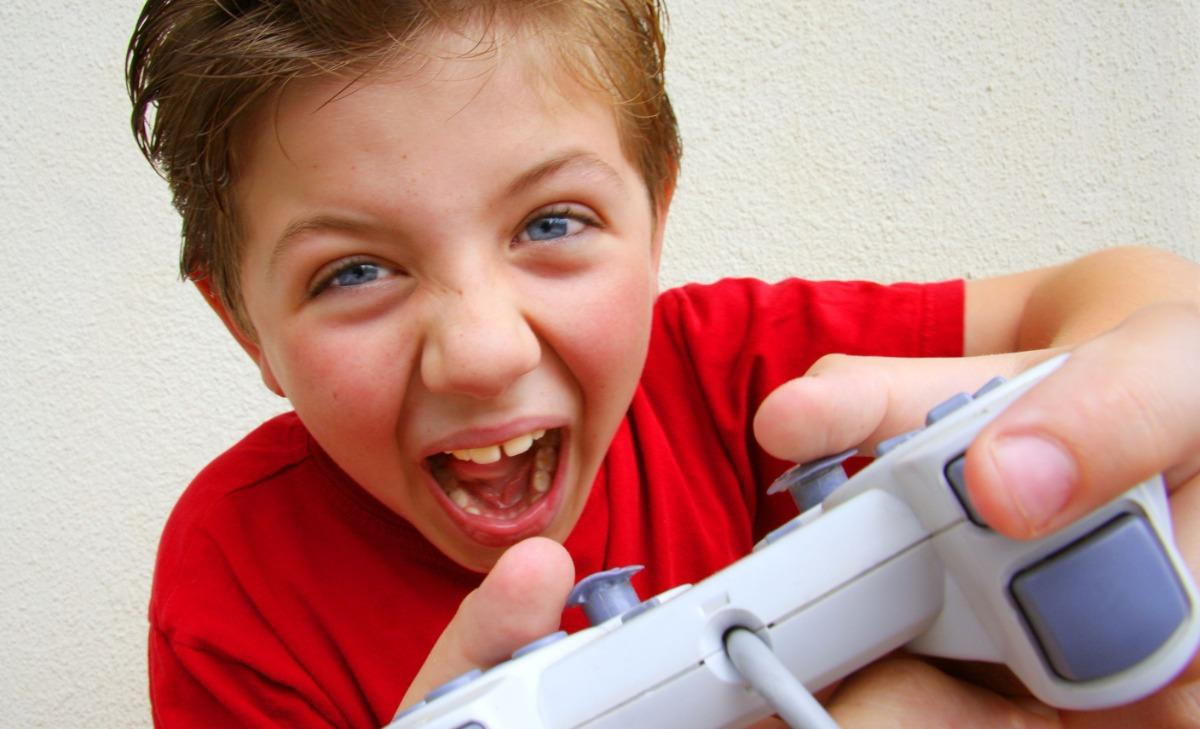How to Overcome Gaming Addiction - Effective Strategies for Sustained Help
Experiencing issues related to gaming addiction can significantly impact your life. If you're seeking gaming addiction help, understanding the causes, management techniques, and available resources can be transformative. This guide offers comprehensive insights, practical tips, and trusted strategies to support those struggling with gaming dependence.
Understanding Gaming Addiction - What You Need to Know

Gaming addiction, also known as internet gaming disorder, involves excessive or compulsive playing that interferes with daily responsibilities, relationships, and well-being. Recognizing the signs and understanding the underlying causes are crucial first steps toward addressing the problem. Gaming addiction may stem from psychological factors such as anxiety, depression, or the pursuit of social connection, along with environmental influences like peer pressure or easy access to gaming platforms.
In the following sections, we'll explore how to develop effective strategies in five well-structured paragraphs, including lists to clarify actionable steps.
How to Write 5 Paragraphs on Gaming Addiction Help - Step-by-Step Guide

1. Introduction Paragraph: Define Gaming Addiction and Its Impact
Begin by clearly defining gaming addiction and why it matters. Highlight the importance of seeking gaming addiction help and the potential consequences if left untreated:
- Impact on mental health, such as anxiety and depression
- Negative effects on physical health, like sleep issues
- Strain on relationships and social life
Example: Gaming addiction is a behavioral disorder characterized by excessive gaming that disrupts daily life. Recognizing the seriousness of this issue underscores the need for effective help strategies to regain control and improve well-being.
2. Causes and Warning Signs of Gaming Addiction
Next, outline common causes and warning signs to help readers identify if they or their loved ones might be affected:
- Causes include psychological dependency, escapism, or social loneliness
- Warning signs encompass neglect of responsibilities, withdrawal from social activities, and irritability when unable to game
List of typical warning signs:
- Excessive time spent gaming, often at the expense of sleep or work
- Neglect of personal hygiene or nutrition
- Unsuccessful attempts to cut down gaming time
- Denial of problematic behavior
3. Practical Strategies for Managing Gaming Addiction
In this paragraph, present actionable steps or strategies for gaming addiction help:
- Set specific time limits and adhere to them
- Use tools like parental controls or app blockers
- Engage in alternative activities such as hobbies, sports, or social events
- Seek support from friends, family, or mental health professionals
- Practice mindfulness and self-awareness to recognize triggers
4. Importance of Professional Support and Resources
Emphasize the significance of consulting healthcare providers or therapists specializing in behavioral health. Mention available resources:
- Cognitive-behavioral therapy (CBT)
- Support groups or online communities
- Helplines and counseling services
Special tips:
- Track gaming habits to identify patterns
- Avoid gaming in isolated environments to reduce temptation
5. Long-term Maintenance and Relapse Prevention
Conclude with advice on sustaining progress and preventing relapse:
- Establish a balanced daily routine
- Maintain healthy social relationships
- Celebrate small victories to stay motivated
- Continue therapy or support groups if necessary
- Be patient and gentle with yourself during recovery
Special Tips & Tricks for Effective Gaming Addiction Help
- Create a gaming schedule: Designate specific gaming periods and stick to them.
- Use physical activities: Regular exercise reduces urges and improves mood.
- Adopt technology boundaries: Utilize apps to monitor and limit gaming time.
- Find supportive communities: Join groups focused on overcoming gaming addiction.
- Reward progress: Recognize personal achievements to reinforce positive behavior.
Key Facts About Gaming Addiction and Recovery
| Fact | Explanation |
|---|---|
| Gaming addiction affects 3-4% of gamers | Studies indicate a growing prevalence worldwide |
| Early intervention increases success | The sooner help is sought, the higher the chances of recovery |
| Behavioral therapy is effective | Especially cognitive-behavioral approaches target root causes |
| Family support improves outcomes | Involvement of loved ones encourages healthier habits |
| Relapse is common but manageable | Persistence and ongoing support help maintain recovery |
FAQs About Gaming Addiction Help
What are the main signs of gaming addiction?
Gaming addiction signs include neglecting daily responsibilities, withdrawing from social activities, gaming for long hours despite consequences, irritability when not gaming, and unsuccessful attempts to reduce gaming time.
How can I effectively seek help for gaming addiction?
Start by acknowledging the problem, setting clear goals, seeking support from mental health professionals, joining support groups, and employing practical tools like timers and app blockers.
Are there effective therapies for gaming addiction?
Yes, cognitive-behavioral therapy (CBT) is highly effective. It helps modify unhealthy gaming patterns, address underlying mental health issues, and develop healthier coping mechanisms.
Can gaming addiction be cured?
While there is no quick cure, with proper intervention, behavioral change, and support, individuals can recover and manage their gaming habits healthily.
What are some resources available for gaming addiction help?
Resources include mental health clinics, online support groups, helplines like the National Self-Help Helpline, and apps designed to monitor and limit gaming activity.
Conclusion
In today’s digital age, gaming addiction help is crucial for maintaining mental, physical, and social health. Recognizing early warning signs, implementing practical strategies, seeking professional support, and fostering a balanced lifestyle are all vital components of effective recovery. By staying committed and utilizing available resources, individuals can regain control over their gaming habits and lead more fulfilling lives free from addiction.